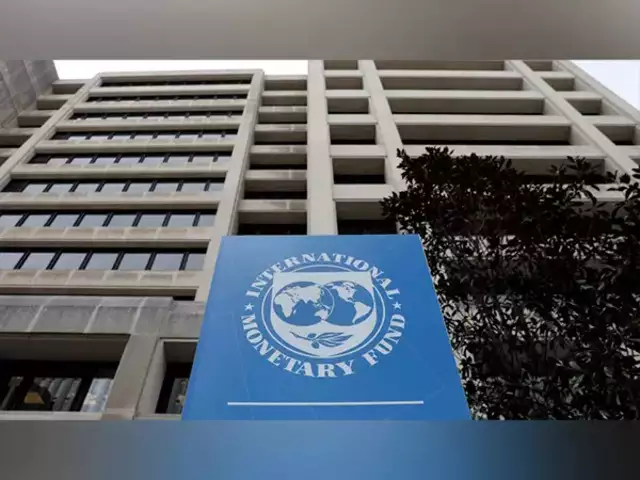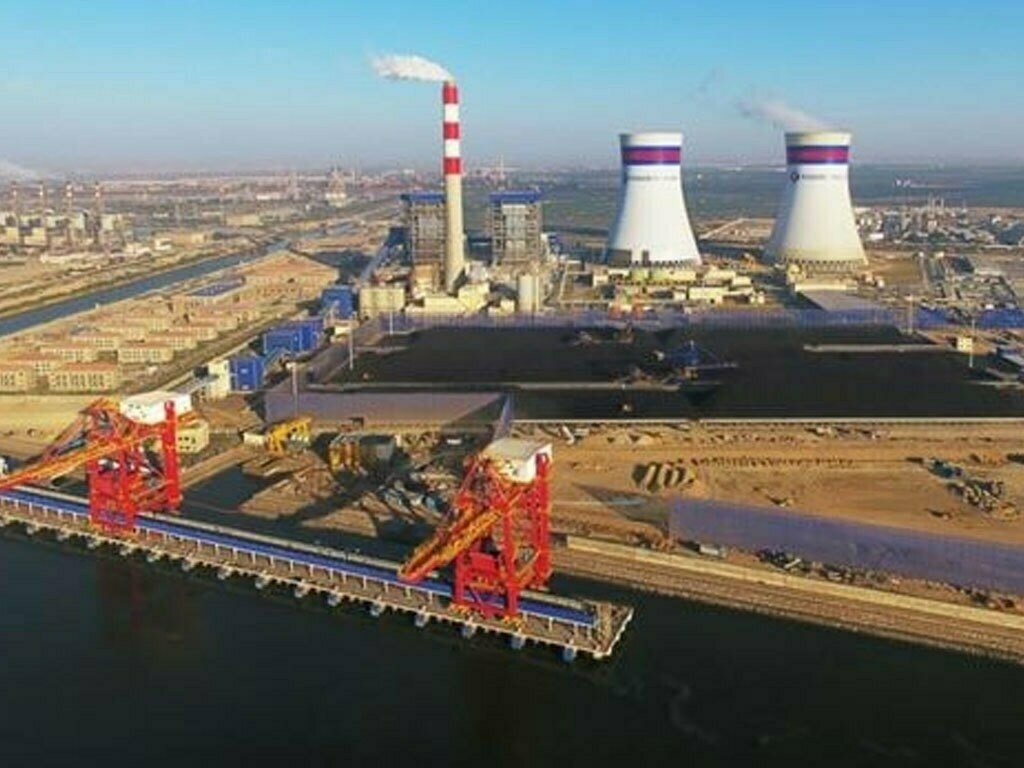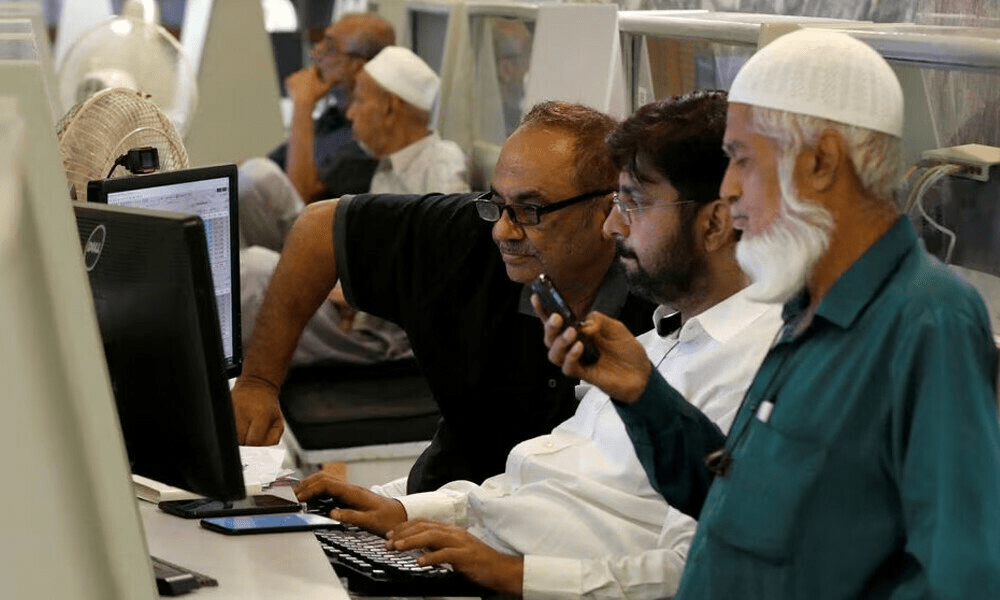Mohsin Siddiqui (Chief Reporter)
Pakistan’s Finance Minister, Muhammad Aurangzeb, recently shared insights into the nation’s strategy concerning negotiations for a larger and longer Extended Fund Facility (EFF) with the International Monetary Fund (IMF). The objective behind this initiative is to foster macroeconomic stability within the country.
During a media interaction, Minister Aurangzeb expressed Pakistan’s eagerness to engage in negotiations for an extended IMF program. While refraining from specifying the exact amount Pakistan aims to request from the Fund, he emphasized the significance of macroeconomic stability in driving GDP growth.
Aurangzeb highlighted the invitation extended to the IMF team for the purpose of concluding the review and initiating discussions on an expanded EFF program. He underscored the importance of IMF input in formulating the budgetary implications associated with the EFF.
The Finance Minister stressed the necessity of preliminary talks regarding the blueprint for actions under the EFF, with substantive negotiations scheduled for the upcoming spring meeting. Despite acknowledging inflation as a significant concern, Aurangzeb expressed optimism regarding potential decreases in the State Bank of Pakistan’s policy rate in the near future.
He emphasized that sustained macroeconomic stability, facilitated through the EFF, is crucial for Pakistan’s GDP growth trajectory. Notably, the IMF staff mission is set to commence talks with Pakistani authorities from March 14 to March 18, with possible extensions until March 21.
Addressing fiscal concerns, Minister Aurangzeb outlined plans to tackle structural issues within the economy, particularly leakage prevention within the Federal Board of Revenue through digitization. He highlighted the potential fiscal space creation through leakage prevention, aiming to enhance the tax-to-GDP ratio using technological advancements.
Regarding taxation, Aurangzeb identified wholesale, real estate, and agriculture as taxable sectors, emphasizing the need to reduce reliance on taxes such as the super tax. He reiterated the government’s commitment to finalizing transactions related to State-Owned Enterprises (SOEs), notably Pakistan International Airlines (PIA), by the end of the fiscal year.
Furthermore, he emphasized the government’s intent to undertake the Public Sector Development Programme (PSDP) through public-private partnerships, drawing inspiration from the effective utilization of PSDP in Sindh’s public-private partnerships.
In conclusion, Minister Aurangzeb highlighted the significance of IMF support, efficient taxation, and structural reforms in fostering Pakistan’s economic stability and growth prospects.




